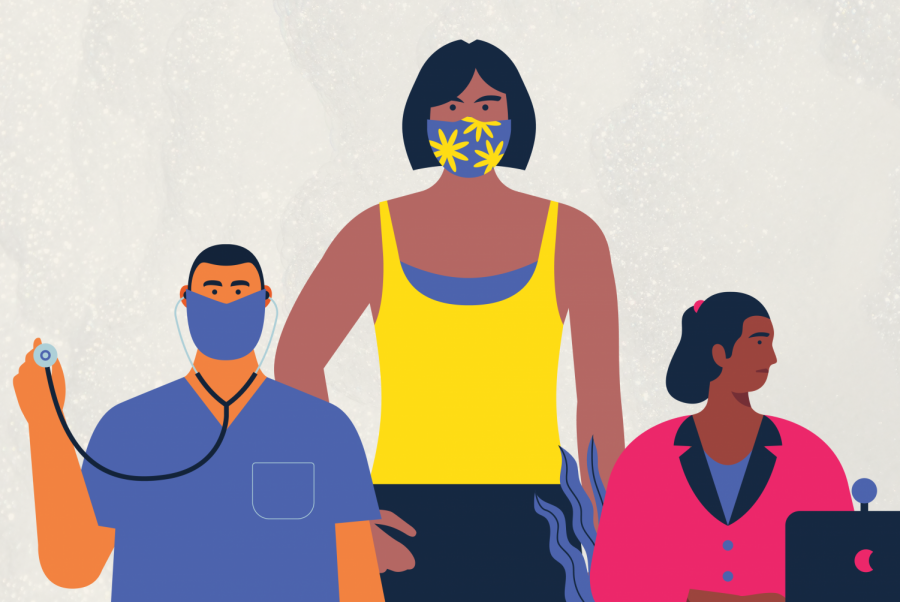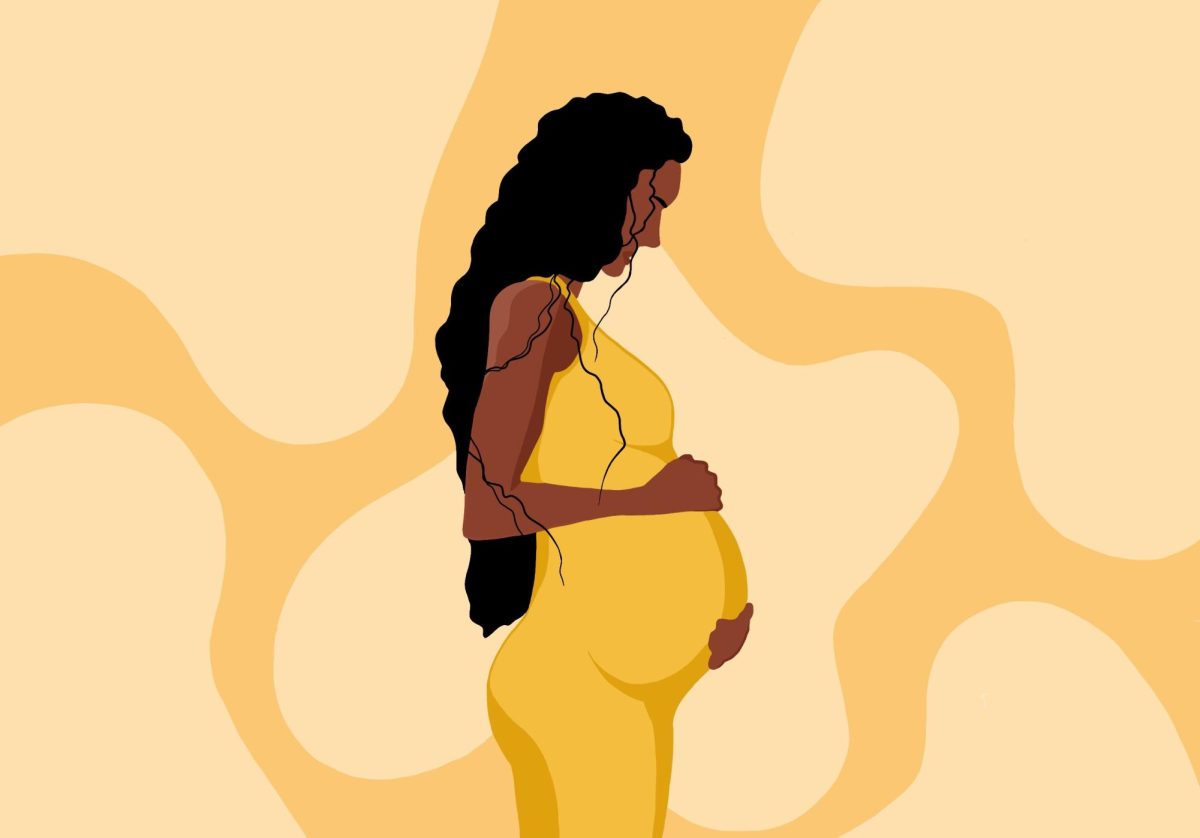The University of Minnesota Immigration History Research Center and a team of researchers at Gustavus Adolphus College developed an online resource to document the impacts of COVID-19 on immigrants and refugees in the U.S.
In an effort to preserve the stories of immigrants and refugees over time, the project, Immigrants in COVID America collects news reports, data and research that record the economic, health and social impacts of COVID-19 on refugee and immigrant communities. In addition to creating a historical record, the project seeks to inform equitable decision-making in response to the pandemic and illustrate the negative consequences of immigration policy.
Over the summer, researchers analyzed relevant articles, podcast episodes and other sources, dating back to Jan. 30, 2020, when the World Health Organization declared COVID-19 an international emergency.
“When I wasn’t searching for toilet paper and making my own face masks out of pillowcases and shoe laces, I automatically started thinking about what needed to be done,” said Erika Lee, director of the Immigration History Research Center. “What could I do to help make a difference?”
During the summer, Lee and Maddalena Marinari, associate professor at Gustavus Adolphus College, discussed ideas for a resource to bring attention to issues affecting immigrants and refugees during the pandemic. As a result, they worked together to form two groups of students to help create the project.
“As historians, we know that oftentimes historical records expunge the voices of marginalized communities,” Marinari said.
Lillie Ortloff, a third-year student at Gustavus Adolphus College and a student researcher on the project, said in an email her research stressed the amount of instability that immigrants and refugees face regularly.
“I’ve always known how nothing is guaranteed for immigrant communities and it can be
hard to find stability – and a pandemic certainly doesn’t make that any easier,” she said in the email. “I think one thing that has definitely been emphasized for me through our research is the amount of adapting that has to be done. Especially by refugees and asylees, who came looking for protection.”
Immigrants in COVID America is also partnering with Sahan Journal to publish stories of immigrants and refugees and their experiences during the pandemic. Sahan Journal is the only nonprofit news organization in Minnesota dedicated to reporting about immigrants and refugees.
“I feel like some of these changes are dizzying because there’s so much that’s happening, but it’s different when you can hear a story,” Marinari said. “So, hopefully, it will contribute to re-humanize people who have been dehumanized.”
Currently, a feedback form is available to gather suggestions and ways to improve on the website. The project will be updated throughout the year.
“I hope [readers] take away the sense that this isn’t … a one-sided experience for people in the United States,” said Catherine Lim, a fourth-year student at Gustavus Adolphus College and Immigrants in COVID America researcher. “And I hope [readers] use this resource in a way to expand beyond what the common narrative will be for COVID-19 in America someday.”



















